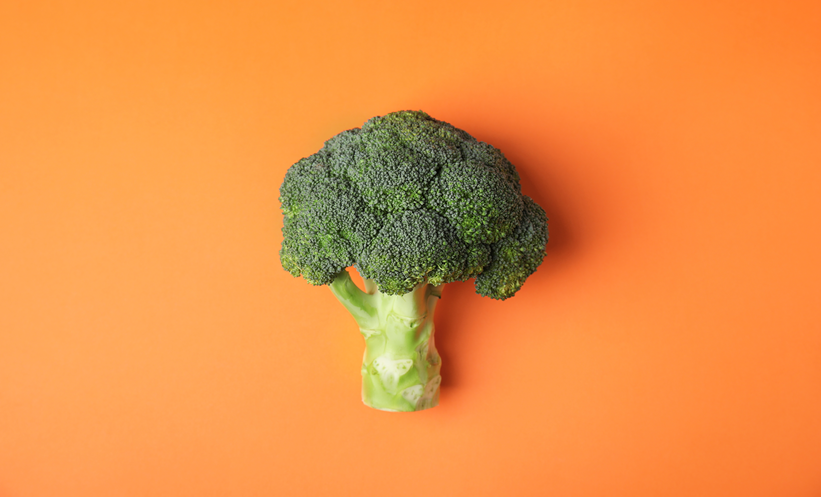A NEW study has found that sulforaphane, a chemical compound found in broccoli sprouts, can significantly improve blood sugar levels in people with prediabetes. The findings suggest the potential for a targeted treatment approach for this precursor to Type 2 diabetes.
Sulforaphane had previously been identified as an antidiabetic agent by researchers at the University of Gothenburg, Sweden. A 2017 study demonstrated that large doses of sulforaphane extracted from broccoli sprouts could significantly lower blood sugar in individuals with Type 2 diabetes.
The latest study, led by Professor Anders Rosengren and his team, shifts the focus to prediabetes. This condition is characterised by a gradual rise in blood sugar levels due to impaired insulin production, often leading to Type 2 diabetes if left untreated.
Study Design and Findings
The study involved 89 participants aged between 35 and 75, all of whom had elevated fasting blood sugar, were overweight or obese, and met other criteria indicative of prediabetes. Participants were randomly assigned either sulforaphane or a placebo for twelve weeks, with neither researchers nor participants knowing who received which treatment. A total of 74 participants completed the study.
Results showed that those who took sulforaphane experienced a greater reduction in fasting blood sugar levels than those who received the placebo. The difference was particularly notable in a subgroup of participants with mild age-related diabetes, lower body mass index (BMI), reduced insulin resistance, low incidence of fatty liver disease, and lower insulin secretion.
Further research in collaboration with Professor Fredrik Bäckhed at the University of Gothenburg revealed that gut bacteria played a role in enhancing sulforaphane’s effects. A specific bacterium was identified that interacts with sulforaphane, leading to even greater improvements in blood sugar levels.
Implications for Future Treatment
Prediabetes is estimated to affect up to ten percent of the Swedish population, yet there is currently no structured treatment in place. Early detection and intervention are crucial to preventing progression to Type 2 diabetes.
Professor Rosengren highlighted the potential of sulforaphane as a precision treatment, stating: “These new findings open the way for possible precision treatment using sulforaphane extracted from broccoli as a functional food. However, lifestyle factors remain the foundation of any treatment for prediabetes, including exercise, healthy eating, and weight loss.”
He also noted that the study provides a broader model for understanding how gut flora and pathophysiology interact to influence treatment outcomes, which could have wider implications for personalised medicine in other metabolic disorders.
Reference
Dwibedi C et al. Effect of broccoli sprout extract and baseline gut microbiota on fasting blood glucose in prediabetes: a randomized, placebo-controlled trial. Nat Microbiol. 2025;DOI:10.1038/s41564-025-01932-w.








